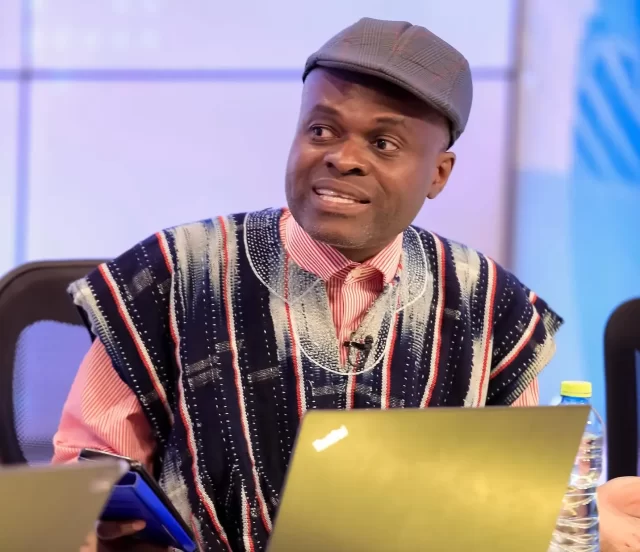Private legal practitioner Martin Kpebu has cast doubt on the effectiveness of legislative measures to curb last-minute government appointments, arguing that lasting change requires a fundamental shift in societal attitudes rather than new laws alone.
His remarks, made during a televised debate on TV3’s Key Points on February 15, 2025, spotlight a growing divide over how best to address controversial transitions of power.
“Legislation alone won’t fix this,” Kpebu asserted, responding to calls for a law banning major appointments, contracts, or recruitments in the three months preceding elections. “Without a collective change of mindset, people will always find loopholes. Passing a law isn’t the starting point—it’s about rethinking how we approach public service.” His skepticism follows a proposal by Godwin Edudzi Tameklo, CEO of Ghana’s National Petroleum Authority, who earlier in the program insisted that codifying restrictions is the “surest way” to prevent outgoing administrations from exploiting their final days in office.
The debate has gained urgency after the current government nullified a wave of last-minute appointments made by former President Akufo-Addo’s administration after December 7, 2024. In a February 10 circular, Chief of Staff Julius Debrah directed all state institutions to revoke these appointments, labeling them inconsistent with “good governance practices.” Institutions were given a week to submit compliance reports—a move critics argue risks legal and political backlash.
Richard Ahiagbah, Communications Director for the opposition New Patriotic Party, has urged affected appointees to challenge the revocation in court. He contends that Article 66(1) of Ghana’s 1992 Constitution validates the appointments, as Akufo-Addo legally remained president until his successor’s inauguration on January 7, 2025. “This order undermines constitutional authority,” Ahiagbah stated, framing the dispute as a test of institutional integrity.
While the government defends its decision as a step toward transparency, Kpebu warns that legal battles and partisan finger-pointing miss the root issue: a culture of opportunism in public service. “The problem isn’t just about timing—it’s about intent,” he said. “Why do governments wait until their final days to make these hires? Until we address that mindset, even the strictest laws will fail.”
The controversy underscores a broader struggle in democracies worldwide: balancing legal safeguards against political maneuvering while fostering ethical governance. As Ghana grapples with this tension, the question remains whether laws can outpace deeply ingrained practices—or if, as Kpebu insists, societal transformation must come first. For now, the nation watches as legal arguments clash with calls for introspection, leaving the path to reform uncertain.









![“It’s hard to say goodbye” – Christian Atsu’s wife composes emotional tribute song for him [Video]](https://ghananewss.com/storage/2023/05/Christian-atsu-and-wife-100x75.jpeg)







